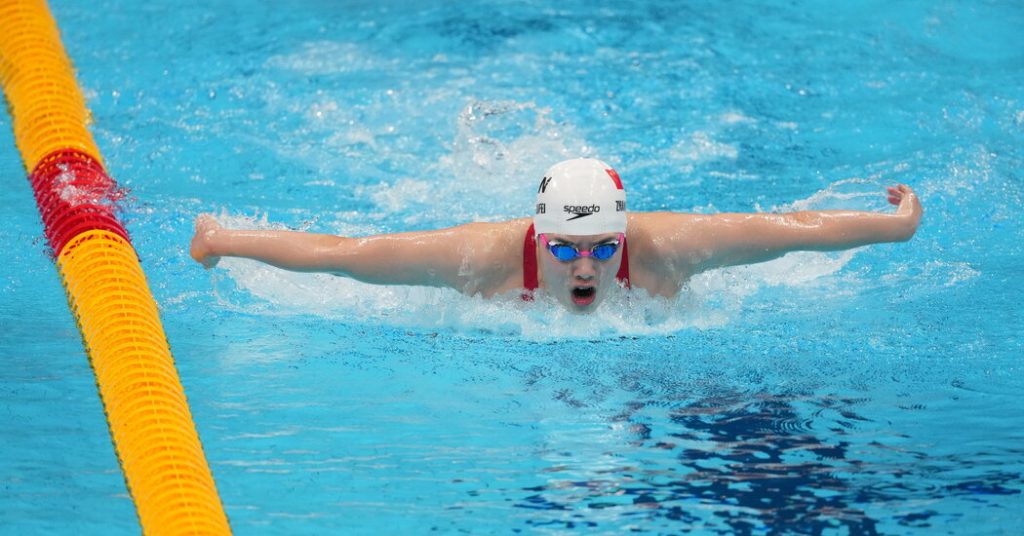The New York Times revealed that 23 Chinese swimmers tested positive for a banned drug seven months before the Tokyo Olympics but were quietly cleared to continue competing, causing controversy and criticism of the global anti-doping authority. This secret incident has stirred strong reactions from athletes, coaches, and others in the sports community, sparking doubts and feelings of unfairness among clean athletes. The revelation has created uncomfortable headlines for the sport and the upcoming Paris Olympics, highlighting the importance of ensuring fair play and the integrity of competitions.
China’s doping agency, Chinada, claimed that the swimmers unknowingly ingested the banned substance in tiny amounts, leading to no disciplinary action against them. WADA accepted China’s explanation due to a lack of credible evidence, opting not to suspend or disqualify any athletes or make a public announcement regarding the positive tests. The situation raised questions about the process of handling positive tests, as athletes who test positive for banned substances typically face provisional suspensions pending an investigation, which did not happen in this case.
The discovery of Chinese swimmers who tested positive for a banned substance winning medals at the Tokyo Olympics highlighted the personal impact of the incident on affected athletes. Calls for investigations and reallocation of medals came from athletes like Paige Madden, who felt cheated by the unfair advantage gained by the Chinese team. British Olympic swimmer Adam Peaty criticized the inconsistent application of strict liability in doping rules, while his teammate James Guy called for a lifetime ban for the swimmers involved, emphasizing the need for fairness and accountability in elite sports.
Tensions escalated between leading anti-doping officials, with WADA threatening legal action against the CEO of the US Anti-Doping Agency, Travis T. Tygart, for undermining their work. Tygart pushed back, accusing WADA of failing to act decisively in the China doping case and calling out their shortcomings. This public feud exposed a long-standing rift between global anti-doping authorities and their American counterparts. Despite threats of legal action against the media, WADA and Chinada defended their handling of the situation, while World Aquatics stood by their belief that the positive tests were managed properly.
The fallout from the China doping scandal has raised concerns about the integrity of elite sports, especially as the Paris Olympics draw near. Athletes, coaches, and officials are grappling with doubts and questions regarding fair competition and the transparency of anti-doping efforts. The controversy surrounding the Chinese swimmers’ positive tests and the lack of consequences has reignited debates about the efficacy and accountability of anti-doping regulations in ensuring a level playing field for all athletes. The aftermath of this revelation underscores the ongoing challenges in upholding the values of honesty, fairness, and integrity in sports.


